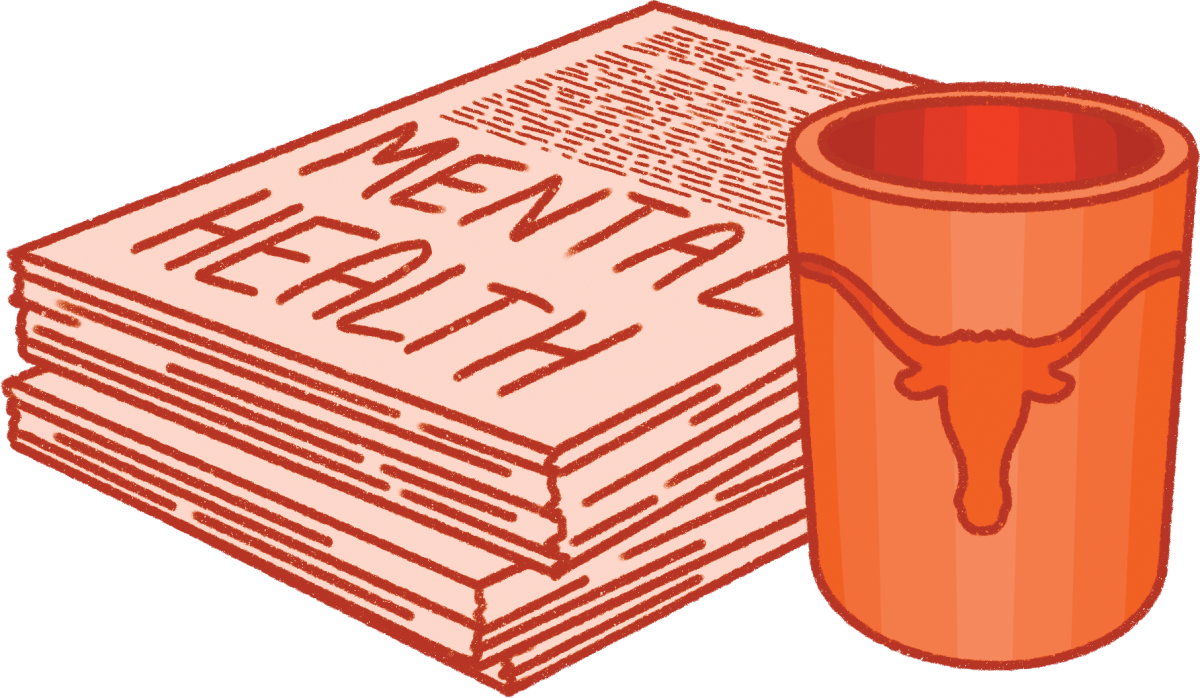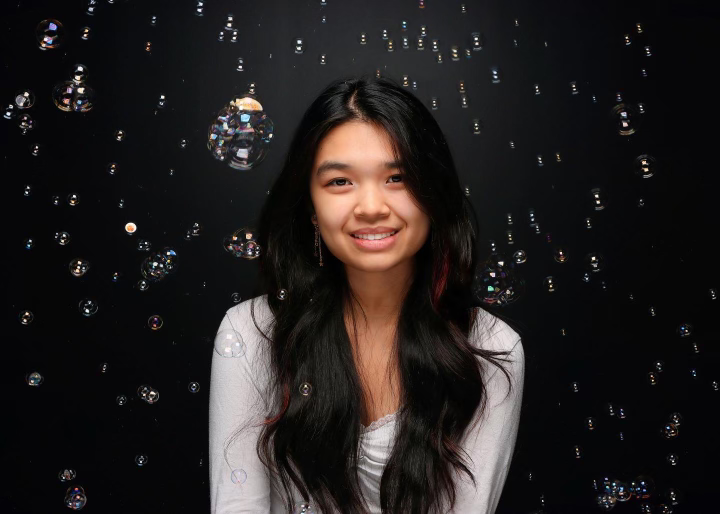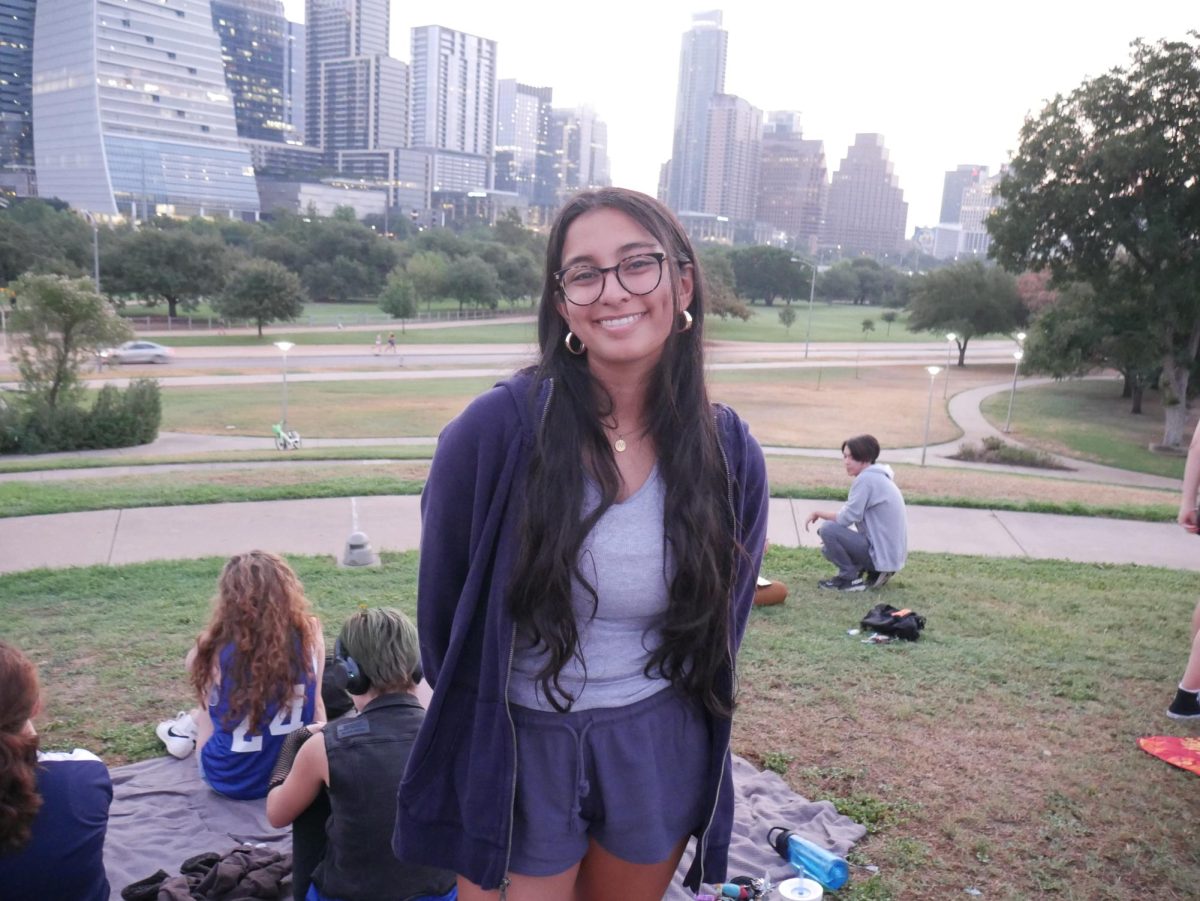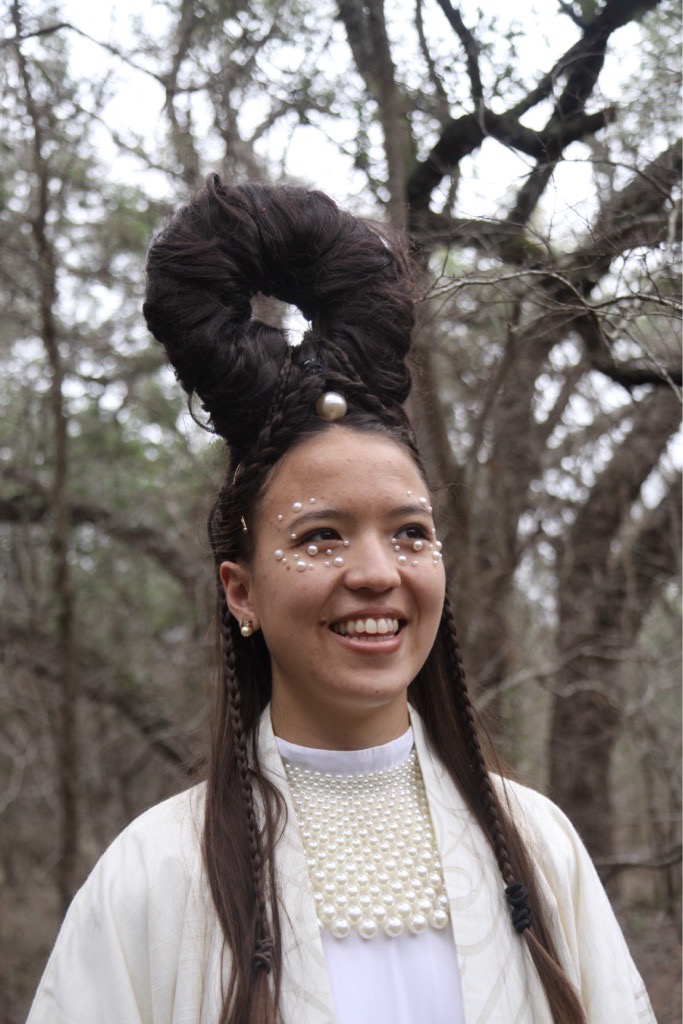In November 2023, according to NPR, two teaching assistants at the University of Texas at Austin (UT) sent out an email to the students in their class providing mental health resources for students struggling due to the current Israel-Hamas conflict. In the email, they shared their support for the people of Gaza and criticized the school for being silent on the harassment of students at a Palestinian solidarity meeting. The teaching assistants shared this information after being asked by one of their students if the class would discuss mental health topics, and they believed this email to be the appropriate response. They were then reprimanded by the Dean of Social Work at UT and fired from their positions at the university. The email contained no language attacking any groups of people or attempts to convince students to feel a certain way about the conflict, yet they were harshly punished.
This is one of many examples of educational instructors receiving excessive backlash for their comments in classrooms. When teachers are drastically censored in the information they can provide, students are unable to receive a well-rounded learning experience with ideas from multiple perspectives. According to an article by NBC News, a teacher in Georgia was fired in August 2023 for reading a book to her students about the LGBTQ+ community and gender fluidity. The school district said in an official press release that they wanted to keep schools focused on “teaching, learning, and opportunities for success.” By making this statement, the school district made it clear that they do not support the freedom of people to express their identities in educational environments as well as the decisions made by teachers to expose students to other perspectives, which is harmful for students and their broader educational experience.
If children are not raised with exposure to opposing viewpoints, they will not be able to develop fully into dynamic individuals. As stated in a research paper on the importance of diversity in early childhood, not incorporating various forms of diversity in education can cause young adults and children to grow up with a mindset saturated with stereotypes and societal prejudice that can lead to struggles in adulthood according to Ellen Wolpert in their book “Start Seeing Diversity: The Basic Guide to an Anti-Bias Classroom”. According to a research paper on discrimination in the United States, in environments with less diversity, children are less comfortable engaging in discussions on identity and perspective, which can often perpetuate views of prejudice in children towards people who are different from them. One way to tackle this subject is to implement an anti-bias curriculum and teaching methods both in the classroom and at home. Some methods used by early childhood teachers and researchers include creating diverse and inclusive activities, giving voice to the less recognized, and instilling a deep belief in justice and equity for all. Children are taught to recognize and understand topics like race, sexuality, gender, ability, and social class, so they can then make better connections based on empathy and emotional sensitivity.
Before anti-bias ideals can be implemented, the bias itself must also be recognized. It can present itself in many different ways in the classroom, like a teacher sharing their political views with the intent to convince the students to feel a certain way, or a school board purposefully omitting or twisting a fact or historical event from the curriculum to manipulate a student’s education. Florida is currently an example of the latter, with a new curriculum approved by Gov. Ron Desantis which stated in a history textbook that “slaves developed skills which, in some instances, could be applied for their personal benefit”. This angered people ranging from education experts to Floridian parents due to its misleading perspective and is only a small portion of the new history standards being implemented into our schools today. This censorship is permitting political conversations from taking place in the classroom, and as a result, preventing students from developing into individual critical thinkers who can analyze complex ideas such as race and slavery.
This is not just a political issue, and no matter what someone’s opinion may be on the controversial topics discussed in the classroom, we cannot keep going down this path of censorship and the deterioration of the First Amendment. If teachers are prohibited from sharing opposing viewpoints and presenting examples of bias and opinion seen in everyday life, students will not be able to learn and grow into free thinkers with complex thoughts and ideas.







